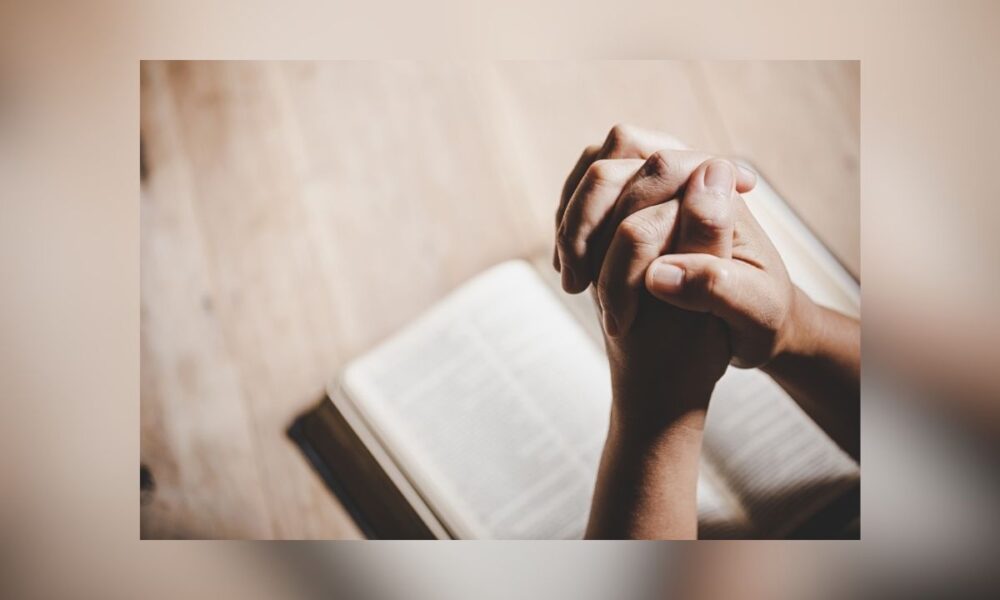Fewer than half of Americans now view religion as an essential part of daily life, a sharp 17% point plunge since 2015 that ranks as one of the steepest global drops in nearly two decades, according to a new Gallup poll.
The survey found 49% of U.S. adults consider religion very important to them, down from 66% a decade earlier. Gallup researchers Benedict Vigers and Julie Ray noted the rarity of such a shift.
“Such large declines in religiosity are rare,” Vigers and Ray wrote. “The U.S. increasingly stands as an outlier: less religious than much of the world, but still more devout than most of its economic peers.”
The findings place the U.S. in uncharted territory.
With a medium-high share of Christians at 62% — down from 78% in 2007, according to the Pew Research Center — yet middling daily religiosity, it defies typical global patterns of high or low faith paired with specific identities.
Among 38 Organisation for Economic Co-operation and Development (OECD) nations surveyed in 2024, a median of 36% of adults prioritize religion, a level that the U.S. now approaches. Globally, the median has remained steady at around 81% since 2007.
Only 14 of over 160 countries tracked since 2007 have seen 15-point-or-greater drops over any decade. Larger declines were observed in Greece, down 28 points from 2013 to 2023; Italy, 23 points from 2012 to 2022; and Poland, 22 points from 2013 to 2023. Chile, Turkey, and Portugal posted similar U.S.-scale falls.
The trend is tied to broader changes: A record 29% of Americans claim no religious affiliation, up from earlier Pew figures, fueling an estimated 15,000 church closures this year — far outpacing openings, per denominational reports and consultants.
Yet faith’s sway endures in politics and society. President Trump captured 85% of white evangelical voters and 57% of white mainline/non-evangelical Protestants in the 2024 election, according to a Public Religion Research Institute (PRRI) survey.
The Gallup poll, conducted June 14 to July 16 among 1,000 adults age 15 and older, carries a ±4.4 percentage point margin of error.
Against this backdrop, some churches report attendance spikes after Charlie Kirk’s assassination on September 10 at Utah Valley University. Kirk, 31, was the co-founder of Turning Point USA.
“[There has been] a lot of anecdotal feedback from churches in Pennsylvania, Ohio, Michigan, Illinois, and Douglas County, Colorado, reporting that they’ve seen an increase [in attendance] over the last two Sundays,” JP De Gance, founder of ministry group Communio, said in late September.
Matt Zerrusen, co-founder of Newman Ministry on 250 college campuses, noted 15% gains in Mass attendance at some schools following Kirk’s assassination, with students seeking guidance on evil and faith.
Social media buzz, including X posts and TikToks, reflects the “Charlie Kirk effect,” although experts like Deckman view it as too limited to halt the overall decline.
The U.S., once a religious standout among wealthy nations, now mirrors secular Western Europe in Christian identification but exceeds it in daily faith practice — while trailing Catholic-heavy nations like Argentina or Ireland in religiosity, despite lower Christian ties.


